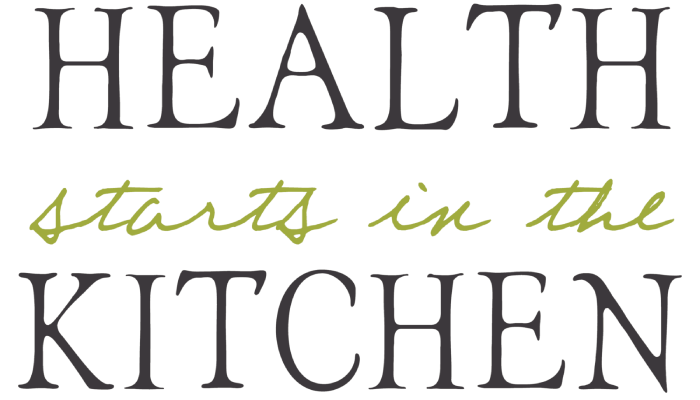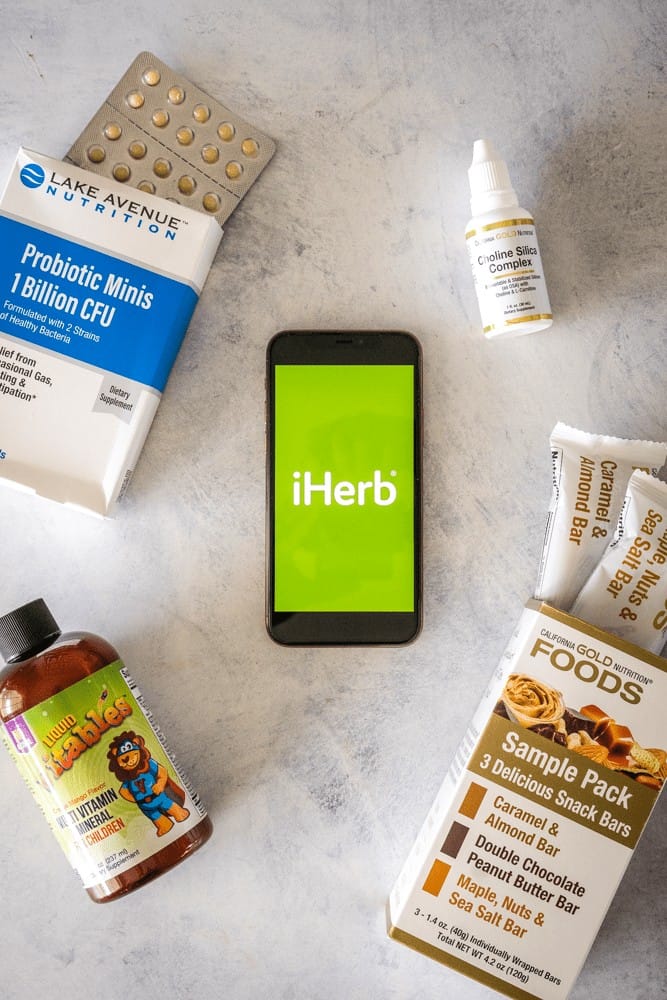Can You Take Probiotics During Pregnancy?
You can take probiotics during pregnancy. According to the American Pregnancy Association, both the National Medicine Library NLM) and the National Institute of Health (NIH) consider probiotics safe in pregnancy.
Probiotics work the same way in pregnancy as they do in general—they bring balance to the gut flora. They keep bad bacteria in check and shield the body from their harmful effects.
Probiotic supplements are safe to take, even for those with compromised immune systems, such as older adults, infants, and pregnant women. The risk of infection from the consumption of probiotics is exceedingly low, with a probability of less than one in a million for lactobacillus strains and one in 5.5 million for S. boulardii.
A study published in the British Journal of Nutrition showed that probiotic supplementation in 256 pregnant women lowered the risk of gestational diabetes with no side effects in the developing baby or mother.
Previously, it was thought that the baby’s environment was completely sterile in the womb. But now, we know that healthy bacteria can get into a baby’s gut through amniotic fluid. Taking probiotics during the first trimester won’t harm the baby as its gut already has number of bacterial strains.
Probiotics are beneficial to pregnant women in a variety of ways, including reducing gestational diabetes risk, improving digestion, preventing allergies and infections, reducing the risk of premature delivery and other birth-related complications, reducing stress, and improving the health of the baby.
Because of the wide array of health benefits, probiotics are becoming increasingly popular among pregnant women. Almost 1-4% of pregnant women in the USA and Canada use probiotics.
Foods such as yogurt and cheese contain significant amounts of probiotic strains that can be consumed during pregnancy without any health risks.
Are Probiotic Supplements Safe During Pregnancy?
Probiotic supplements are safe during pregnancy. This is acknowledged by both the National Institutes of Health and the National Library of Medicine.
Whenever we discuss the safety of a supplement, we consider its health risks. Even though most probiotic strains are safe to use, some probiotic strains can cause infections. Lactobacillus strain poses a risk of infection in one out of a million people, while the chances of infection for S.Bouladrii are one in 5.6 million. However, such incidents are minimal in healthy individuals.
Can Probiotics Harm a Baby in the Womb?
Prenatal probiotics offer many health benefits for both mother and baby. Different studies investigated the potential risks of probiotics in pregnant women and developing babies. One such study published in the Canadian Family Physician Journal stated that probiotics are safe to use for pregnant women and unborn babies.
Gut Microbiome of Baby
To explore the health benefits of probiotics, we must first understand the gut microbiota of babies. Not long before, it was widely established that microorganisms couldn’t cross the placenta and that bacteria in a baby’s gut only after birth. But now, the latest research counters that argument and confirms that bacteria can enter the baby’s gut through amniotic fluid. Further investigation has shown that ‘good bacteria’ are found in cord blood and baby’s first poo.
It is also worth mentioning here that many harmful or bad bacteria can also find their way into a baby’s microbiome. It is especially true for babies that are born through c-sections, as many opportunistic bacteria that are found in hospitals get into the baby’s gut flora.
Also, antibiotic use by mothers can affect the microflora of babies’ guts.
So, there is a need to maintain the balance and improve the population of beneficial bacteria in the gut of developing babies. And probiotic supplements are the practical options to restore this balance.
When to Start Probiotics in Pregnancy?
Wondering when it’s the right time to introduce probiotics into your pregnancy routine? Let’s explore when you can start reaping the potential benefits of these beneficial microorganisms.
Can I Take Probiotics in the First Trimester?
You can take probiotics in the first trimester.
Probiotics are generally well-tolerated and considered safe for expectant mothers, but individual circumstances can vary. Your healthcare provider can offer personalized guidance based on your unique health profile, ensuring that any supplements you choose to incorporate align with your specific needs.
Starting probiotics early in your pregnancy can provide ample time for these friendly bacteria to establish a balanced gut environment, which can have long-term benefits for you and your growing baby.
Is It Safe To Take Probiotics With Prenatal Vitamins?
Yes, it is safe to take probiotics with prenatal vitamins during pregnancy.
Probiotics and prenatal vitamins can complement each other. Probiotics may enhance the absorption of essential nutrients from your prenatal vitamins, ensuring that you and your baby receive the maximum benefit from the vitamins and minerals crucial for a healthy pregnancy.
Furthermore, probiotics can contribute to maintaining a balanced gut microbiome, which is vital for your well-being and can influence your baby’s gut health. A harmonious gut environment supports overall health and immune function.
It’s also worth taking prebiotics for optimal gut health, as these go hand in hand with probiotic supplements as part of creating the balance that every one of us needs.
What is the Scientific Evidence of Probiotic Safety during Pregnancy?
Scientific research consistently confirms the safety of probiotics for pregnant women. Numerous studies, including those reviewed by health authorities like the National Institutes of Health (NIH), have shown that probiotics do not pose significant risks during pregnancy.
Adverse events related to probiotic use during pregnancy are extremely rare. Specific probiotic strains, such as lactobacillus and Bifidobacterium, have been thoroughly studied and found to be safe for both expectant mothers and their babies.
Moreover, probiotics may even have potential benefits, such as reducing the risk of gestational diabetes and improving birth outcomes. Leading experts in probiotics and maternal health recommend them as a safe option for pregnant women.
While probiotics are generally safe, individual responses can vary. Therefore, it’s advisable to consult with a healthcare provider before taking any supplements during pregnancy to ensure they are suitable for your specific health needs. Their guidance will help ensure a healthy and worry-free pregnancy.
What are the Benefits of Probiotics During Pregnancy?
Probiotics offer a range of potential benefits for expectant mothers and their developing babies during pregnancy:
Lowered risk of gestational diabetes and Healthy Weight
Probiotics may help reduce the risk of gestational diabetes, promoting healthy blood sugar levels. Additionally, they can assist in maintaining a healthy weight during pregnancy.
Improved Digestive function and Health
Probiotics support overall digestive health, potentially alleviating common pregnancy discomforts like constipation and addressing issues such as infection-related diarrhea.
Improves pregnancy constipation
Probiotics have the potential to relieve constipation, a common discomfort experienced by pregnant women. They promote regular bowel movements and softer stools, making the digestive process more comfortable.
Infection diarrhea
Probiotics help strengthen your gut’s natural defense mechanisms, which can be particularly important during pregnancy. By supporting gut health, probiotics can reduce the risk of infection-related diarrhea.
Antibiotic-related diarrhea
If you require antibiotics during pregnancy, they can sometimes disrupt the balance of beneficial bacteria in your gut, leading to diarrhea. Probiotics can help restore this balance and minimize the chances of antibiotic-related diarrhea.
Irritable bowel syndrome
Some pregnant women may experience symptoms of irritable bowel syndrome (IBS), including abdominal discomfort and irregular bowel movements. Probiotics may offer relief by stabilizing gut function.
Inflammatory bowel disease
While not a replacement for medical treatment, probiotics may complement the management of inflammatory bowel disease (IBD) symptoms during pregnancy. They can help soothe inflammation and contribute to overall gut health.
Reduced incidence of Allergies and Infections
Probiotics can strengthen your immune defenses, potentially reducing the likelihood of both allergies and infections. A balanced gut microbiome promotes immune function, making your body more resilient against these health challenges.
Reduced incidence of eczema
Research suggests that probiotics decrease the risk of eczema, a common inflammatory skin condition. When taken during pregnancy, probiotics can positively influence your baby’s immune system, potentially reducing the likelihood of eczema development.
Prevent Bacterial vaginosis
Probiotics can help maintain a balanced vaginal microbiome, reducing the risk of bacterial vaginosis during pregnancy. A healthy vaginal environment is crucial for overall maternal well-being.
Reduced risk of preterm delivery
Probiotics may contribute to a decreased risk of preterm delivery, supporting a healthier and more full-term pregnancy.
Reduces Birth complications
Some studies suggest that probiotics can help reduce the likelihood of certain birth complications, contributing to a smoother and safer delivery process.
Improved symptoms of nausea during pregnancy
Probiotics may alleviate symptoms of nausea during pregnancy, offering relief to expectant mothers who experience this common discomfort.
Decrease Stress
Research indicates that probiotics can reduce stress levels, potentially mitigating the effects of stress-related mental health issues during pregnancy.
Better Brain Health
A healthy gut microbiome, supported by probiotics, can positively influence your baby’s brain development, impacting motor control and emotional behavior.
Healthy gut, healthy baby
A well-functioning gut microbiome can significantly affect your baby’s immune system, gastrointestinal health, and overall well-being.
Autism
While research is ongoing, some preliminary studies in animals suggest that probiotics during pregnancy may reduce the risk of autism-like behaviors in offspring. This area of study requires further investigation.
How Common Is Probiotic Use During Pregnancy?
Probiotic use during pregnancy is increasing. Midwives, ranging from 45% to 93%, prescribe natural health products, including probiotics, to expectant mothers. In the United States and Canada, 1% to 4% of pregnant women use probiotics, while the percentage is higher in some European countries like the Netherlands. Consulting healthcare providers before starting any supplement regimen is advisable for pregnant women. regimen to ensure it aligns with their specific health needs and circumstances.
Beneficial Probiotic Strain that Helps During Pregnancy
Certain probiotic strains have shown significant potential in supporting expectant mothers during pregnancy. These beneficial probiotic strains can contribute to maternal well-being and the developing baby’s health. Here are some noteworthy probiotic strains to consider during pregnancy:
- Lactobacillus rhamnosus GG: This strain has been extensively studied and is recognized for its safety during pregnancy. It may help reduce the risk of gestational diabetes and promote overall digestive health.
- Bifidobacterium lactis Bb12: Another well-researched strain, Bifidobacterium lactis Bb12, is generally considered safe for pregnant women. It can support digestive comfort and regularity.
- Lactobacillus and Bifidobacterium Strains: Various Lactobacillus and Bifidobacterium strains have shown promise in promoting gut health and potentially reducing the risk of pregnancy-related discomforts.
- Specific Strains for Vaginal Health: For expectant mothers concerned about vaginal health, probiotic strains like Lactobacillus crispatus and Lactobacillus jensenii may help maintain a balanced vaginal microbiome and prevent issues like bacterial vaginosis.
Probiotics Foods During Pregnancy
Probiotic-rich foods can be a valuable addition to your diet during pregnancy, promoting both your well-being and that of your developing baby. Incorporating these foods into your meals can provide the benefits of probiotics in a natural and wholesome way. Here are some probiotic foods to consider during pregnancy:
- Yogurt
- Kefir
- Sauerkraut
- Kimchi
- Miso
- Pickles
- Tempeh
- Traditional Buttermilk
- Soft Cheeses
Is Yogurt Safe in Pregnancy?
While probiotic foods can be beneficial during pregnancy, it’s important to maintain a balanced diet and consult your healthcare provider regarding any dietary changes. Additionally, if you have specific dietary restrictions or concerns, your healthcare provider can offer guidance on safely incorporating probiotics into your pregnancy nutrition plan.
Closing Thoughts
Gut health is important for both mother and baby. Hence, choosing the right prenatal probiotics during pregnancy has far-reaching health benefits for both mother and child.






